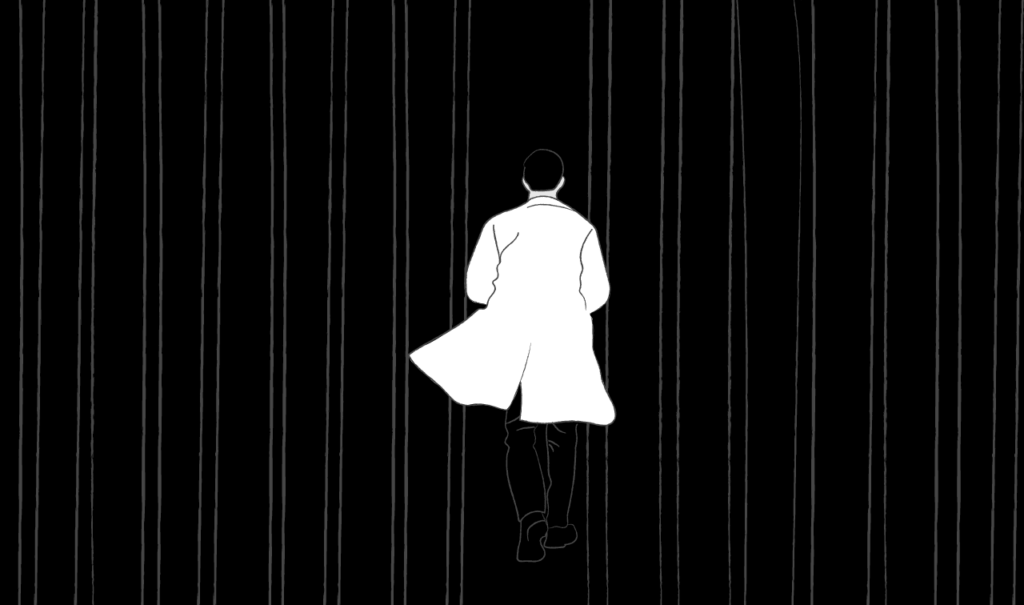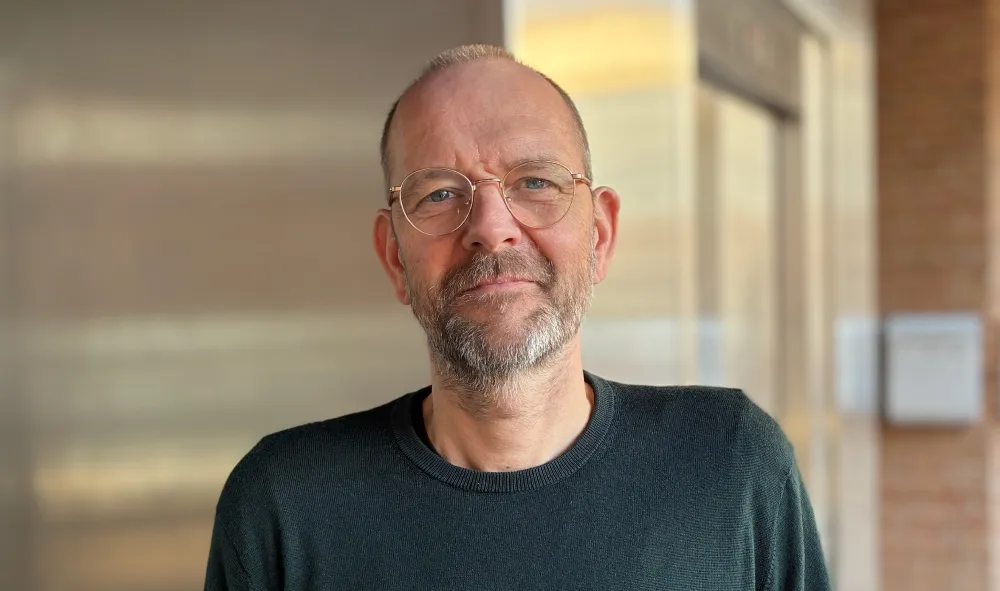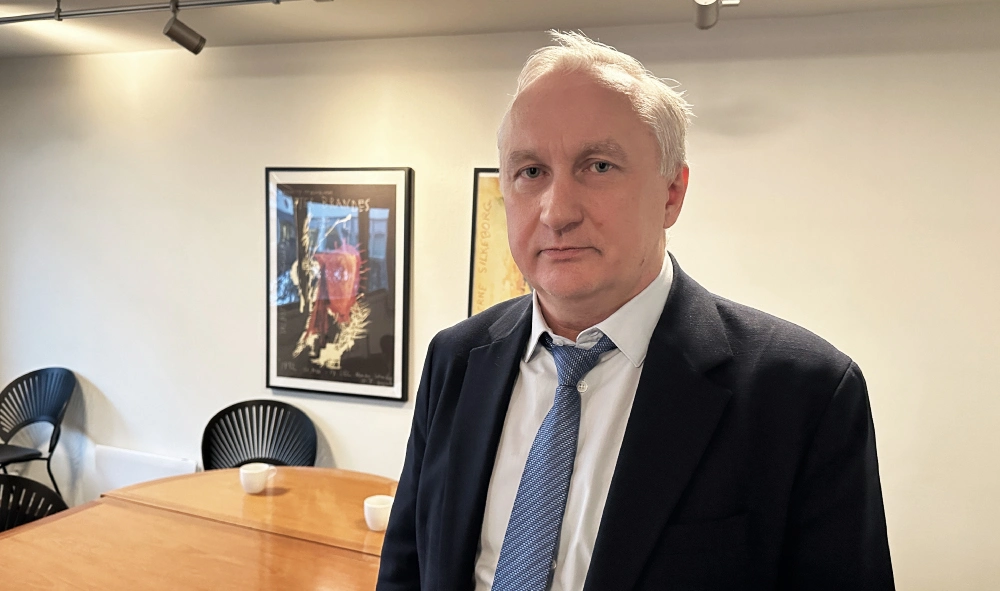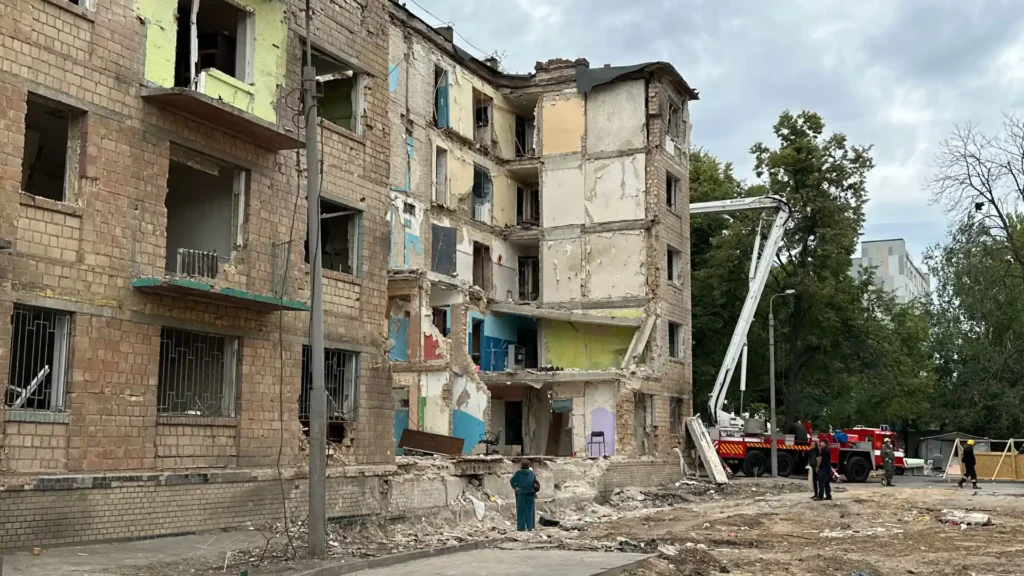Maha Aon, Senior Public Health Advisor At DIGNITY
Marie Brasholt, Medical Director At DIGNITY
This was published in a shorter version in Al Jazeera.
“I WILL NOT USE my medical knowledge to violate human rights and civil liberties, even under threat.” These words are part of the Physician’s Pledge by the World Medical Association adopted in 1948. The Pledge was adopted shortly after the verdict was pronounced in what came to be known as The Doctors’ Trial. This was the first of the Nuremberg Trials in which Nazi crimes were tried by the Allies. The Doctors’ Trial brought to light how doctors who are normally associated with care and healing subjected people imprisoned in concentration camps to harm that resulted in death or permanent damage. More than 75 years later, are Israeli doctors working in places of detention able to comply with The Pledge?
Free from torture at all times and no matter the circumstances is a fundamental human right. Prohibition of torture is absolute with no exception or derogation for any person at any time. Torture is a war crime under the Rome Statute and a crime against humanity if committed as part of a systematic attack. Yet torture is still reported in more than 100 countries across the globe, and sadly, medical complicity in torture – i.e. active or passive participation by medical staff like doctors – also occurs. Medical complicity may take many forms. Some cases involve the misuse of medical knowledge and skills like when a doctor is actively engaged in acts of torture, declaring a person “fit for torture” or providing medications used for torture. Others involve the misuse of authorities or duties conferred by a medical license, for example when a doctor falsifies medical records or death certificates. Recent well-known examples of medical complicity in torture include a Syrian doctor who is currently on trial in Germany accused of killing a patient and inflicting pain on others by hitting them with medical equipment and performing surgery without anesthetics, and American doctors reportedly involved in waterboarding, force-feeding and other types of torture in the Guantánamo Bay detention camp.
Claims of Torture prior to October 7th
Allegations of torture in Israeli prisons and detention facilities is not a new phenomenon. For decades, Israeli and Palestinian human rights organisations have reported on findings indicating systematic violations of the prohibition against torture. The Israeli NGO, Public Committee against Torture (PCATI) reported in 2022 that it had filed over 1,400 torture complaints against Israeli authorities since 2001. Alleged torture approaches varied and included both psychological and physical methods such as sleep deprivation, beatings, sexual torture, and humiliation. In 2008, a coalition of 14 Israeli and Palestinian NGOs issued a report about the “widespread and systematic” use of torture by Israeli authorities.
Palestinian NGOs have long decried a ‘policy of deliberate medical negligence’ in the Israeli prison service claiming denial of medical care and deliberate poor hygiene. In its most recent review of Israel (2016), the UN Committee against Torture had raised numerous concerns including allegations that “interrogation methods are contrary to the Convention [against Torture]”, “…many instances in which Palestinian minors were exposed to torture…”, that prison service doctors “…failed to report injuries indicative of abuse…”, and that Israel continued to postpone returning the bodies of Palestinians deceased in its custody.
The situation since October 7th
Since then, allegations of ill-treatment and torture of Palestinians in Israeli detention have mounted along with the mass arrest of Gazans by the Israeli forces.
Non-governmental oranizations (NGOs) have filed several appeals to UN bodies. In February, four Israeli and Palestinian NGOs filed an urgent appeal to the UN Special Rapporteur on Torture documenting severe beatings, positional torture, sexual torture (such as forced nudity and rape), humiliation (such as urinating on the detained person, forcing them to crawl and to curse themselves), and threats of sexual or other types of violence. Most recently, four Palestinian NGOs, filed an urgent appeal to the UN Special Procedure mandates documenting incidents of arbitrary arrests, enforced disappearance, torture, and ill treatment including sexual violence committed by Israeli forces against Palestinians since October 7. The appeal also documents cases of medical neglect by the Israeli Prison Services.
Deprivation of medical care
The UN Standard Minimum Rules for the Treatment of Prisoners (Mandela Rules) state that persons in prison who require specialized treatment or surgery shall be transferred to specialized institutions or to civil hospitals (Rule 27). However, on October 11th 2023 Israeli citizens stormed Sheba Medical Center in Tel Aviv searching for Palestinian patients. They reportedly terrorized staff and patients resulting in the discharge of Palestinian patients. Earlier that day, the Israeli Minister of Health had called for all hospitals to refuse treatment of Gazans. Since then, Palestinians in Israeli prisons reported that authorities cancelled their medical appointments and reported instances of denied medical care.
The Mandela Rules also state that all persons entering prison are to be examined by medical personnel (Rule 30). However, Physicians for Human Rights Israel (PHRI) found that the initial medical assessment of Palestinians arriving at Israeli detention has not been systemically implemented since October 7th. If this is the case, then medical teams are not identifying persons with acute or chronic medical needs, nor are they documenting signs of ill-treatment or torture that may have taken place during the arrest procedure as stipulated by the Rules.
Suspicions of medical complicity
Documented cases shed light on the potentially disturbing role medical personnel play in the alleged ill-treatment and torture of Palestinians in Israeli detention.
Prior to October 7th, a number of Israeli and Palestinian NGOs raised flags regarding the complicity of doctors in the torture of detained Palestinians. For example, in 2007 PCATI published testimonies alleging that victims were seen by doctors in between torture sessions who neither documented nor reported the torture.
In 2011, PHRI reported the involvement of medical professionals in torture and ill-treatment of detained Palestinians. PHRI presented evidence of prison doctors’ failure to document torture and ill-treatment and to report it. They additionally documented the doctors’ implicit granting of medical permission for continued ill-treatment or torture by returning victims to their perpetrators after perfunctory treatment, and by sharing medical information with perpetrators.
Despite demands to the Israeli Medical Association to investigate the accused doctors, no examination of medical files nor interviews with the victims were conducted. Consequently, a global appeal by 725 doctors from 43 countries was submitted to the World Medical Association and the UN Special Rapporteur on Torture.
Since October 7th, the United Nations Relief and Works Agency for Palestine Refugees in the Near East (UNRWA) has detailed the release of 1,506 Palestinians by Israeli authorities. In a report on alleged torture and abuse, UNRWA found that in at least some cases doctors actively participated in the beating of detained Palestinians who requested medical care.
After October 7th, Israeli authorities have set up military detention facilities in the Negev where arrested Gazans are held. Those requiring medical care are sent to the Sde Teiman hospital. The controversial detention site has been dubbed the ‘Israeli Guantanamo’ with media coverage detailing horrific conditions based on whistleblower testimony. More than 1,500 health workers from around the world have already called for its closure.
Despite the Sde Teiman facility houses between 600-800 people, however the Sde Teiman hospital is at any given time staffed by a single senior doctor supported by medical staff. The hospital provides only basic field care.
A Sde Teiman physician recently sent a letter to Israel’s ministers of defense and health as well as the attorney general stating that the facilities’ operations “do not comply with a single section among those dealing with health in the Incarceration of Unlawful Combatants Law”. He wrote that all patients are handcuffed by all four limbs and are blindfolded at all times, including when receiving treatment. Since their movement is restricted, they must use diapers.
Nurses and other medical personnel treating patients under such conditions are at risk of medical complicity. Medical complicity in torture, be it passive or active, not only violates the patients’ human rights but is also a violation of medical personnel’s own professional ethics.
The central tenet of all health professional ethics, however articulated, is always the fundamental duty to respect human dignity and act in the best interests of the patient, regardless of other constraints, pressures, or contractual obligations. Further details are provided in documents from the United Nations as well as statements issued by professional associations like the World Medical Association, the World Psychiatric Association and the International Council of Nurses.
In addition to suspicions of medical complicity, direct abuse by medical personnel has been recorded. The United Nations Relief and Works Agency for Palestine Refugees in the Near East (UNRWA) documented direct abuse by Israeli medical staff personnel of its detained Palestinian staff. As of 4th April 2024, the agency detailed the release of 1,506 Palestinians by Israeli authorities since October 7th. In a report on alleged torture and abuse, UNRWA found that in at least some cases doctors actively participated in the beating of detained Palestinians who requested medical care.
A systemic problem
Notwithstanding the military detention facilities, Israeli prisons have faced criticism over the healthcare they provided for Palestinians long before October 7th. Medical staff working in the Israeli prison service are not members of the national medical association and receive no oversight from a medical body. As recognized by the UN Committee Against Torture, medical personnel are obliged to put their patients first yet in prison settings where medical staff are overseen by the prison authority rather than a health authority, dual loyalty may arise. In such cases, medical personnel may prioritize their employers over their patients.
Dual loyalty may cause medical personnel to compromise their patients’ health, the cornerstone of the profession. The UN Committee against Torture recognized this in the Israeli context, and recommended to Israeli authorities that prison doctors be placed under the supervision of the Ministry of Health.
Currently, many detained Gazans receive healthcare at the Sde Teiman field hospital. NGOs such as PHRI criticized the hospital’s management directive which discriminates between patients according to their nationality, does not address medical documentation and reporting of abuse and torture, and includes other ethically problematic issues such as stipulating the presence of an anesthesiologist only ”whenever possible” when a person is subjected to general anesthesia without stating what happens when the specialist is not present.
Israel has suspended ICRC access to prisons since October 7th and no visits are allowed in Sde Teiman from lawyers or family. Thus, external oversight of what is happening inside the prisons is currently non-existent, further putting those detained at risk.
The Consequences
Palestinian deaths in Israeli custody have increased since October 7th with some reporting up to 40 deaths in military detention, and 16 in prison.. By comparison, the crude average was four deaths per year from 1967 to 2019.
At the time of writing, to the authors’ knowledge, the Israeli authority has not released official information on the deceased’s names and circumstances of death for those dying in military custody despite PHRI’s Freedom of Information request. Neither has there been formal inquiry into prison deaths since October 7th despite the Israeli protocol to investigate all deaths in custody.
In the meantime, PHRI participated in five autopsies of persons who died in prison finding “severe signs of violence and assault” in two cases and medical neglect in at least one case. In addition, media reports of evidence of torture and medical neglect have been reported in Israeli media.
Many of those who do not die in custody face other consequences. For example, the practicing doctor in Sde Teiman hospital reports “routine” amputations due to handcuff injuries. This is highly unusual and to our knowledge has not been otherwise reported in medical literature.
What should be done
The examples provided here give rise to grave concerns that nurses, doctors, and other health professionals are at risk of becoming and some indeed already may be complicit in torture and ill-treatment of detained Palestinians. This needs to stop. We therefore call on all health professionals to put their patients first, do no harm, and document and report any harm done by others. We call on relevant professional associations to support any members who approach them with concerns that they may become complicit in torture and ill-treatment. We call on Israeli authorities to give lawyers and monitoring mechanisms including civil society organizations and the ICRC unhindered access to places of detention like Sde Teiman where torture and ill-treatment may be happening at this very moment. We call on the international community including states to insist on unhindered access to medical facilities and places of detention for monitoring bodies, investigations into alleged cases of medical complicity, and accountability for perpetrators. Finally, we call on the International Criminal Court Prosecutor to investigate allegations of torture, including allegations of medical complicity, and to hold perpetrators accountable.
The people in detention need protection from torture and ill-treatment, and those providing medical care need protection from becoming medically complicit.
We thank Addameer, Prisoner Support and Human Rights Association, Palestinian Center for Human Rights (PCHR), and Physicians for Human Rights Israel for their contributions and fact-checking.





